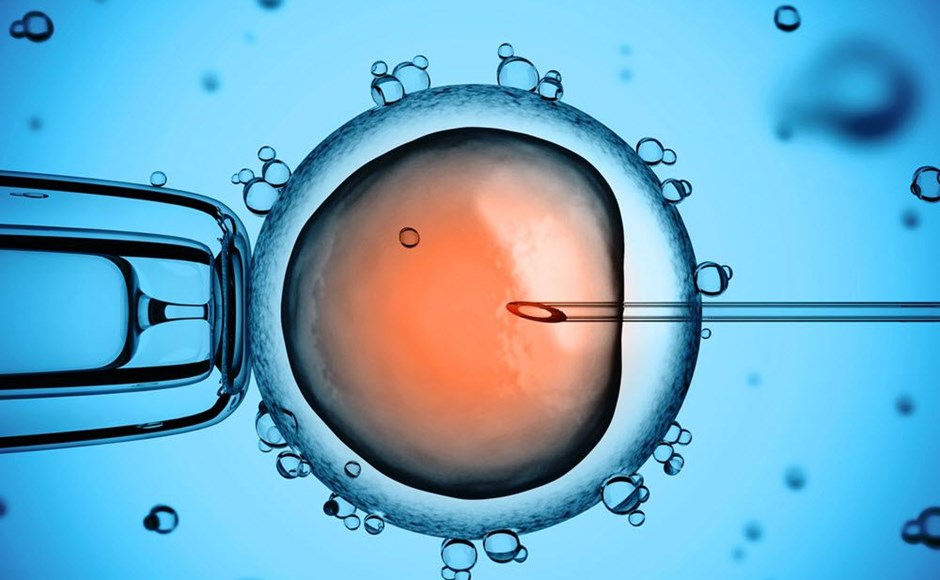ICSI - Intracytoplasmic Sperm Injection
The discovery of ICSI (Intra Cytoplasmic Sperm Injection) in an assisted reproduction programme has revolutionized the management of severe male factor infertility. Using this technique thousands of severely affected infertile males have become genetic fathers around the globe. Unlike IVF, selection of spermatozoa in ICSI is based on morphology and motility.
Recent evidence indicates that though the sperm appears morphologically normal a possibility of defects at molecular level still exists. Hence the chance of injecting a morphologically normal sperm with damaged DNA into an Oocyte is possible. Conventional semen analysis addresses only the count, motility and morphology of the spermatozoa and does not assess DNA damage. Hence it alone may not be sufficient to predict the contribution of male factor to the success of ART.
With the introduction of newly developed DNA fragmentation assay it is now possible to assess for DNA damage in spermatozoa and is considered to be of prognostic importance by several authors. It has been suggested by some studies that when spermatozoa shows more than 30% of DNA fragmentation natural conception is compromised. Furthermore, infertile patients are reported to have higher percentage of chromatin abnormalities than fertile patients and assessment of sperm DNA damage is more relevant where ICSI is routinely performed. Several studies also suggested that sperm DNA integrity has a role in post insemination events such as sperm decondensation, fertilization rate, embryo quality and pregnancy.
Crucial role to obtain a pregnancy and healthy offspring in ART. Hence assessment of sperm genome integrity may be recommended as a routine test in addition to standard semen analysis.



